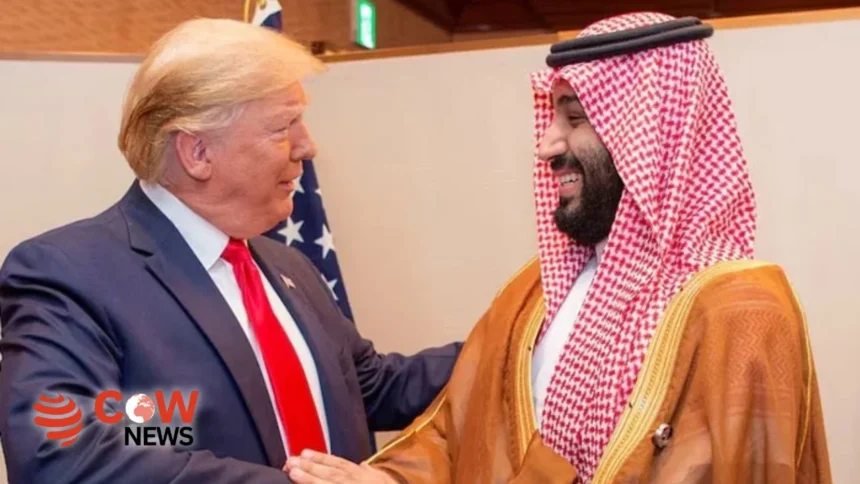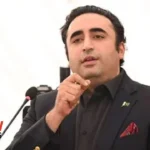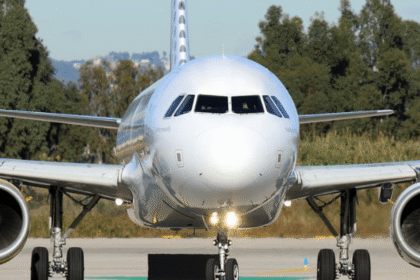DAVOS: US President Donald Trump on Thursday said he will demand Saudi Arabia and OPEC bring down the cost of oil and will ask Riyadh to increase a planned US investment package to $1 trillion from an initial reported $600 billion.
His remarks come one day after Trump and Saudi Arabian Crown Prince Mohammed bin Salman discussed what the White House called the kingdom’s “international economic ambitions” as well as trade issues.
Earlier on Thursday, the Saudi State news agency said the kingdom wants to put $600 billion into expanded investment and trade with the US over the next four years.
“But I’ll be asking the Crown Prince, who’s a fantastic guy, to round it out to around $1 trillion,” Trump told the World Economic Forum in Davos, Switzerland. “I think they’ll do that because we’ve been very good to them.”
He also called on the Gulf nation to cut oil prices, saying that could help end Russia’s war in Ukraine.
“If the price came down, the Russia-Ukraine war would end immediately. Right now, the price is high enough that that war will continue – you got to bring down the oil price,” Trump said, speaking remotely by video link.
“They should have done it long ago. They’re very responsible, actually, to a certain extent, for what’s taking place,” Trump added.
Trump told world business leaders in Davos to manufacture in the United States or face tariffs, in his first major speech to global leaders since returning to the White House this week.
“Come make your product in America and we will give you among the lowest taxes of any nation on earth,” Trump said on Thursday, speaking remotely to the World Economic Forum in Davos, Switzerland.
“But if you don´t make your product in America, which is your prerogative, then very simply you will have to pay a tariff,” he added.
The Kremlin said on Thursday it saw nothing new in US President Donald Trump´s calls for Russia to end its military offensive in Ukraine, and that Moscow was ready for “mutually respectful” dialogue with him.
Kremlin spokesman Dmitry Peskov said Russia was “ready for equal, mutually respectful dialogue.” “We are waiting for signals, which we have not yet received,” he added.







